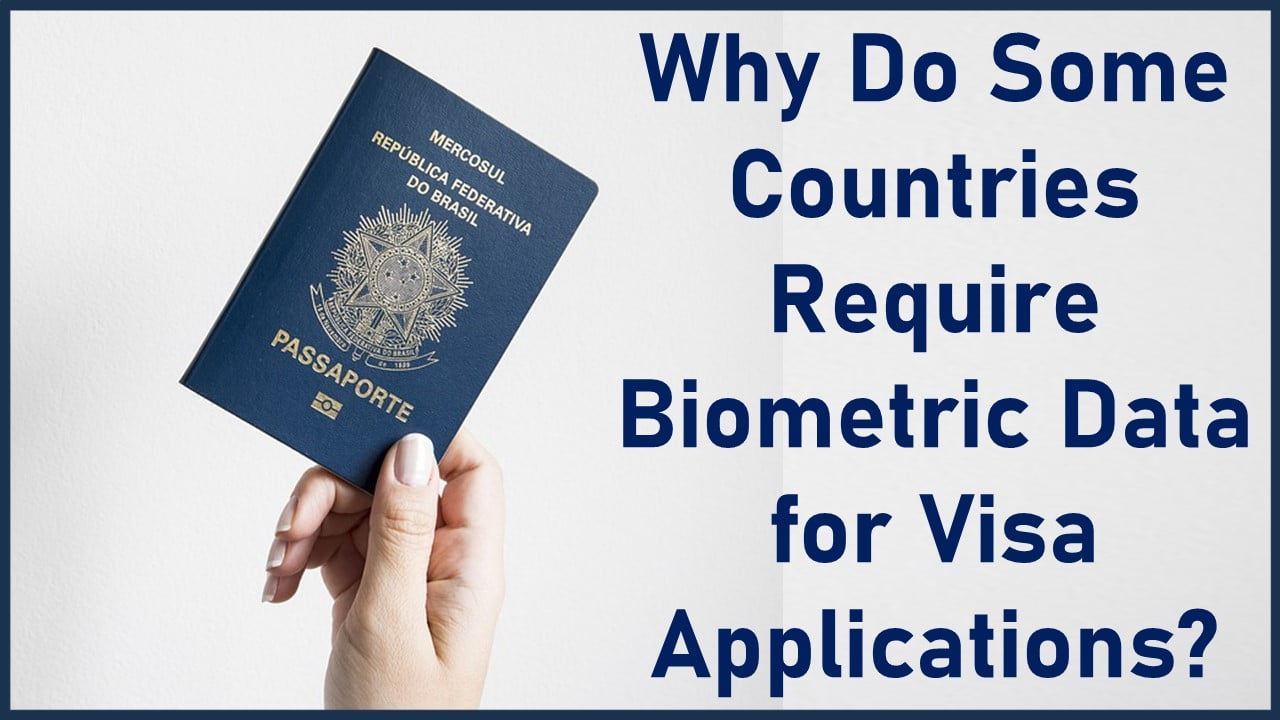Countries may require biometric data for visa applications for several reasons, primarily related to security and identity verification. Biometric data refers to unique physical or behavioral characteristics of an individual that can be measured and used for identification. Common types of biometric data include fingerprints, facial recognition, iris scans, and sometimes even voice prints. Here are some reasons why countries may implement biometric requirements for visa applications:
- Enhanced Security: Biometric data provides a more secure method of verifying an individual’s identity compared to traditional identification methods like passports and photo IDs. It helps reduce the risk of identity theft and fraudulent visa applications.
- Preventing Fraud: Biometric data makes it more difficult for individuals to submit fraudulent visa applications using fake documents or stolen identities. This is particularly important for countries that face a high risk of fraudulent activities related to immigration.
- Immigration Control: Biometric data can be used to monitor and track the movements of individuals entering and leaving a country. This is crucial for immigration control and national security, as it allows authorities to identify and apprehend individuals who may pose a threat to the country.
- Identity Verification: Biometrics provide a more reliable method of verifying the identity of visa applicants. It helps ensure that the person applying for the visa is the same as the one mentioned in the documents submitted with the application.
- International Agreements: Some countries implement biometric requirements as part of international agreements and collaborations on security and information sharing. This is especially common in regions where countries work together to enhance border security and prevent illegal activities.
- Deterrence: The presence of biometric requirements may act as a deterrent for individuals with malicious intent, as they are less likely to attempt fraudulent activities if they know that their biometric data will be collected and used for verification.
- Global Trends and Standards: As technology advances, biometric data collection and analysis have become more accessible and standardized. Many countries are adopting biometric systems as part of global trends to enhance border security and streamline immigration processes.
It’s important to note that the specific biometric requirements may vary from country to country, and the decision to implement such measures depends on a combination of national security concerns, international agreements, and the perceived risk of fraudulent activities in the immigration process.



